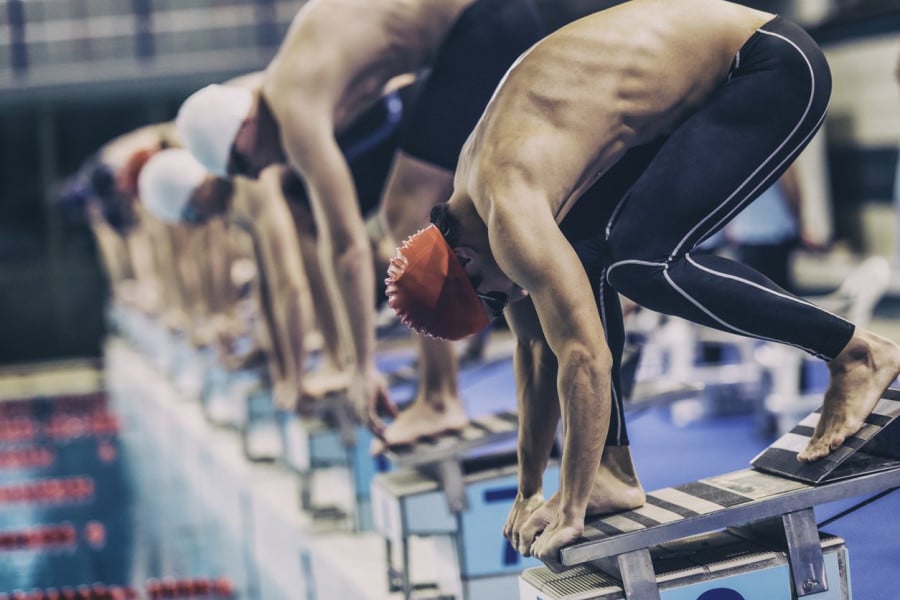The Shijiazhuang 23 (Part 2) – Why didn't WADA challenge CHINADA’s decision? And should they have done?

This article has been prompted by recent media revelations that in January 2021, 23 elite Chinese swimmers tested positive to a prohibited substance linked to a domestic swim meeting held in the city of Shijiazhuang – the Shijiazhuang 23.[1] On the ground of environmental contamination, the national anti-doping agency in China (CHINADA) neither provisionally suspended nor pursued the swimmers in question for anti-doping infractions. The acceptance by the global anti-doping control regulator (WADA) of the CHINADA determination has been simultaneously criticised and defended forcefully.
This article reviews the case and WADA’s response. It does so with the express limitation that unlike CHINADA, WADA, certain journalists at the New York Times (NYT) and in Germany (ARD), the author does not have access to any primary materials, such as the sample results, investigative reports etc. This article is a comment piece based on publicly available and, largely, secondary sources.
The article is split into three parts. Part one, available here, explains the facts of the case, why WADA has been criticised, and analyses the investigation by ARD and NYT. Part two, below, explains why WADA chose not to appeal CHINADA’s decision, and asks whether that choice was a reasonable one in all the circumstances:
- WADA’s position: no basis under the WADA Code to challenge CHINADA’s findings
- Intelligence and investigation
- Science
- Legal
- Why were the Shijiazhuang 23 not provisionally suspended?
- Was WADA’s choice not to appeal CHINADA’s decision a reasonable one in all the circumstances?
Part three, available here, examines what comes next in the case, and what the lessons are for future anti-doping and sports integrity investigations.
To continue reading or watching login or register here
Already a member? Sign in
Get access to all of the expert analysis and commentary at LawInSport including articles, webinars, conference videos and podcast transcripts. Find out more here.
- Tags: Anti-Doping | China | CHINADA | Dispute Resolution | Integrity | Investigations | Olympics | Regulation | Swimming | WADA | WADA Code
Related Articles
- Are you being heard? How the Sun Yang public hearing exposes a gap in athletes’ rights
- A detailed review of the CAS Panel’s decision in WADA v Sun Yang & FINA
- WADA v. Sun Yang & FINA: Reflections of a Chinese lawyer & lessons for sports in China
- The Case of Olympic Skater Kamila Valieva - Was CAS’s Decision Justified?
- Peter Bol: A case study in the need for interpretation & transparency in WADA's testing policies
- Top 10 Tips for launching an ‘Independent Review’ in Sport
- The Shijiazhuang 23 (Part 1) – The Investigation: New York Times, ARD & USADA vs CHINADA & WADA
- The Shijiazhuang 23 (Part 3) – What comes next? And what are the lessons for future anti-doping investigations?
Written by
Jack Anderson
Jack Anderson is a Professor of Law at the University of Melbourne. He has published extensively on sports law, and most recently A Concise Introduction to Sports Law (Edward Elgar, 2024).
He is a member of World Athletics’ Disciplinary Tribunal and the integrity unit of the International Hockey Federation. He is an Ethics Commissioner for the International Tennis Federation and World Boxing. Jack is an arbitrator on Football Australia’s National Dispute Resolution Chamber, the National Sports Tribunal of Australia, and Sport Resolutions UK.

 Global Summit 2024
Global Summit 2024